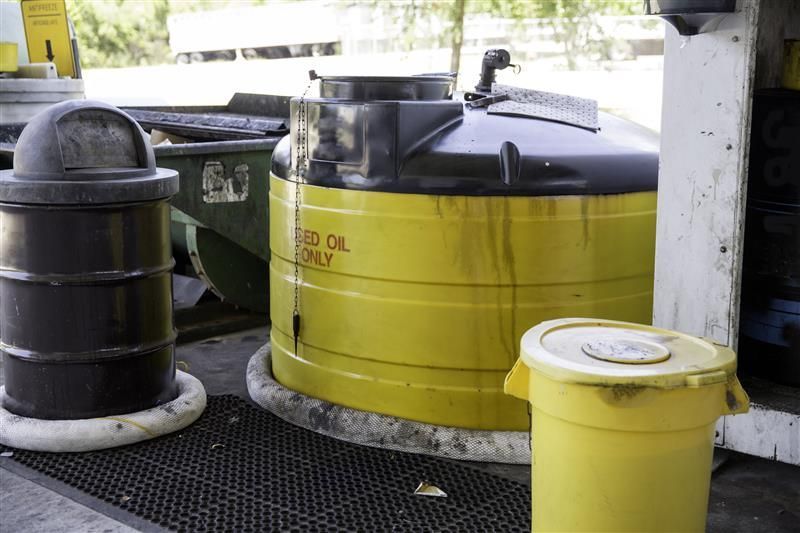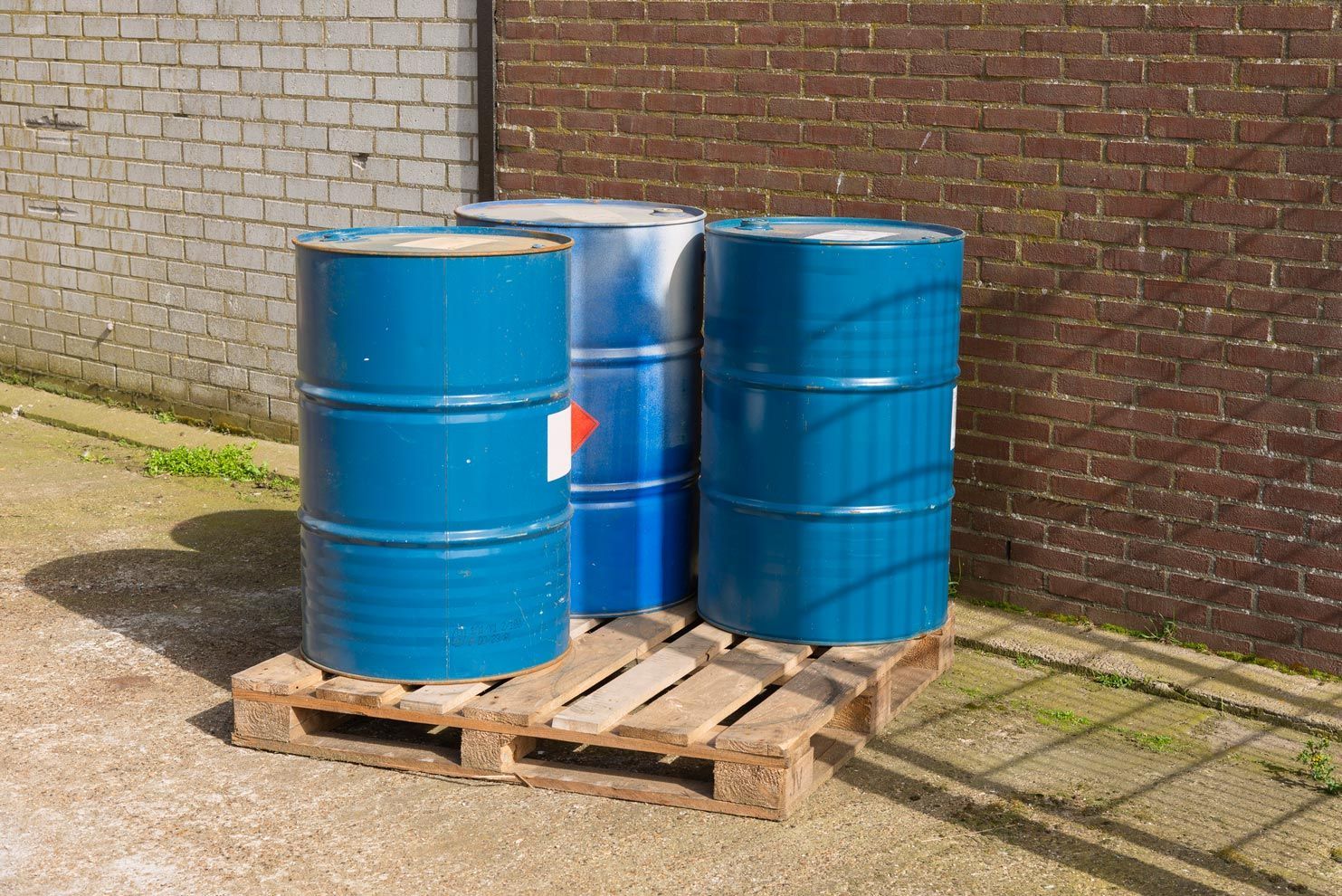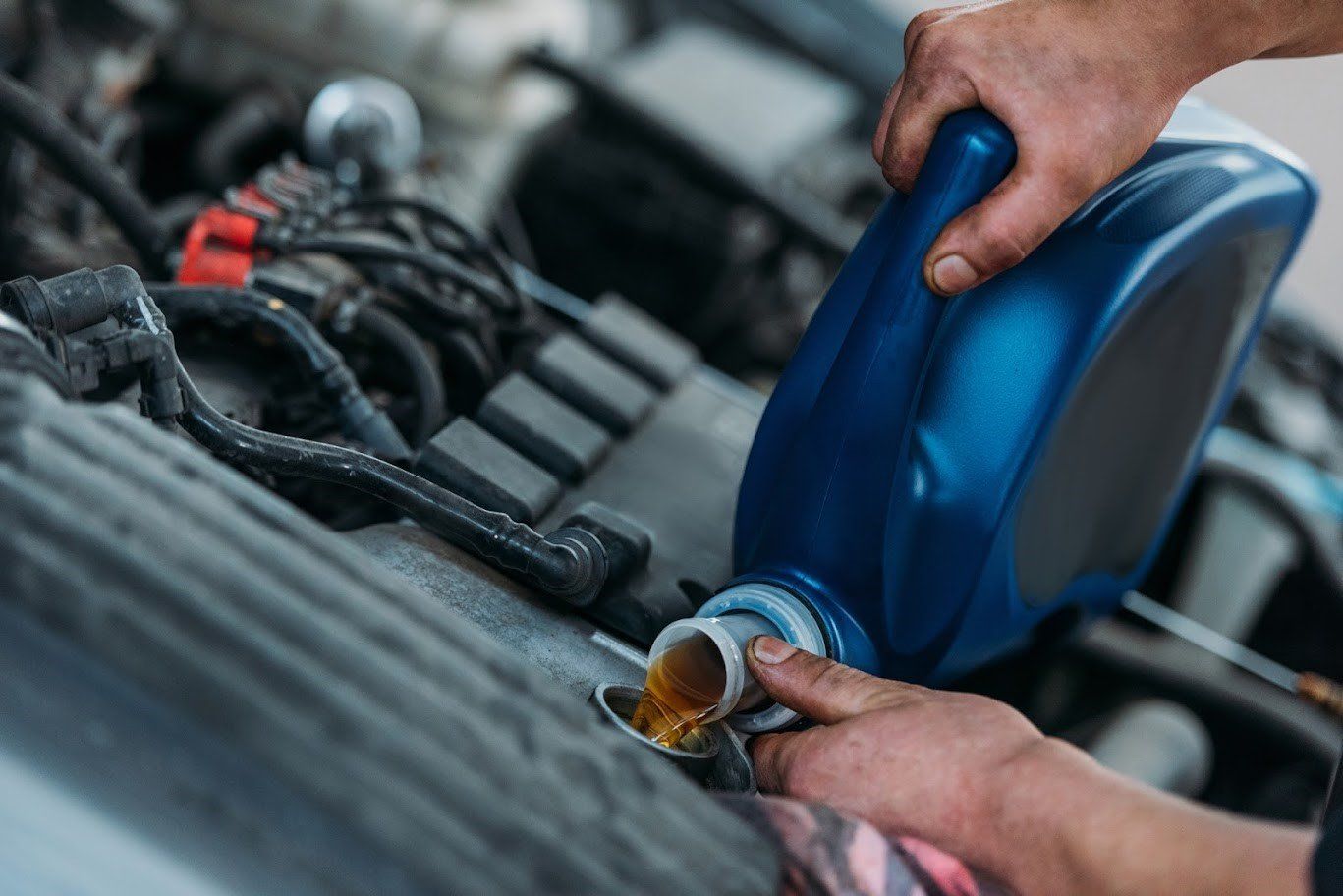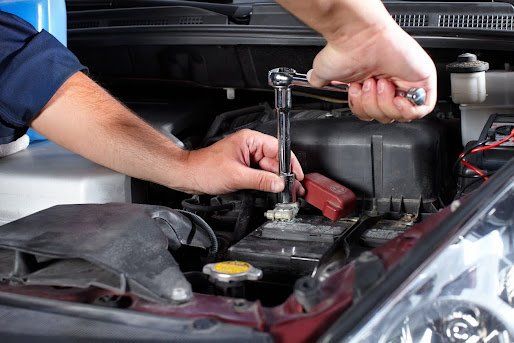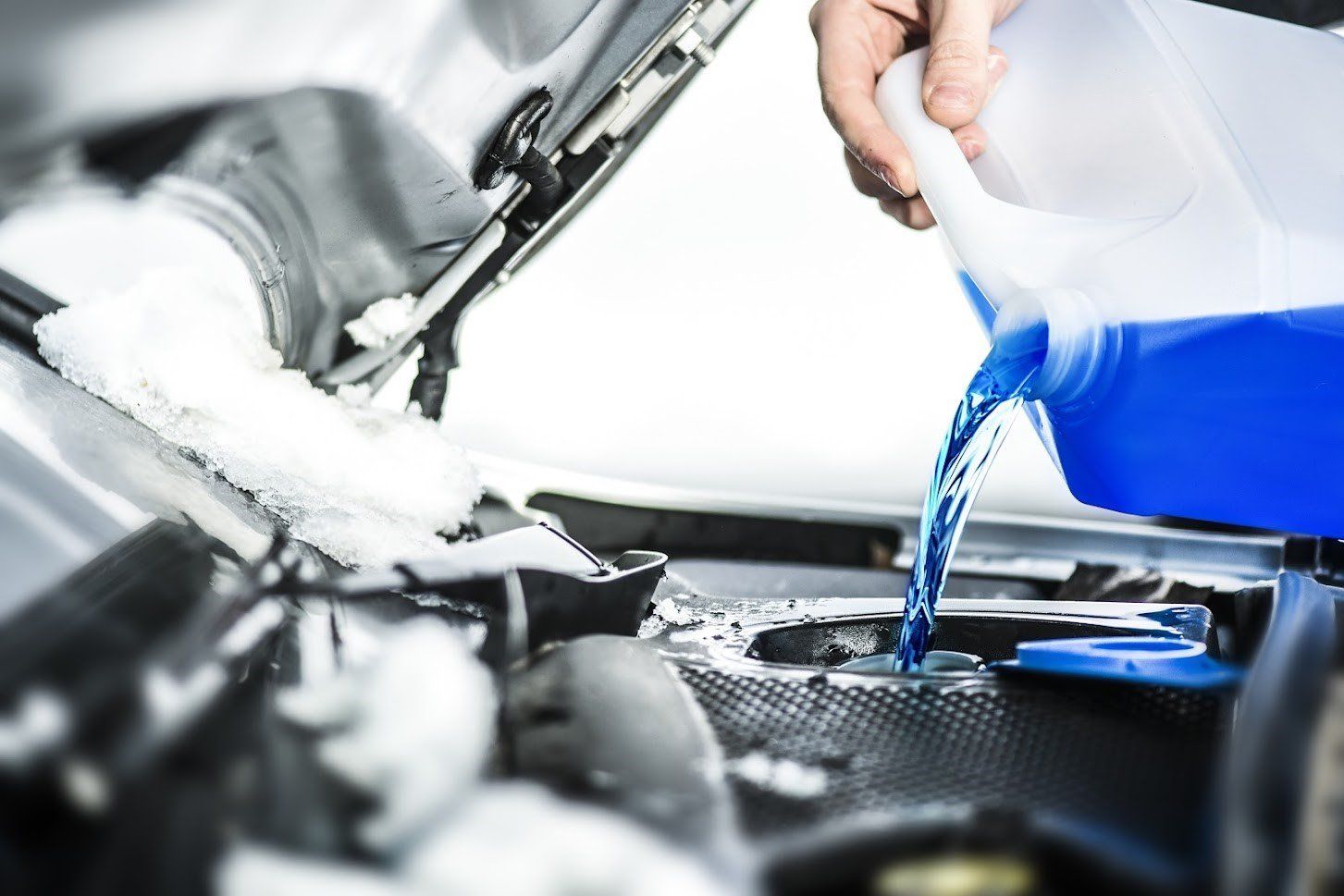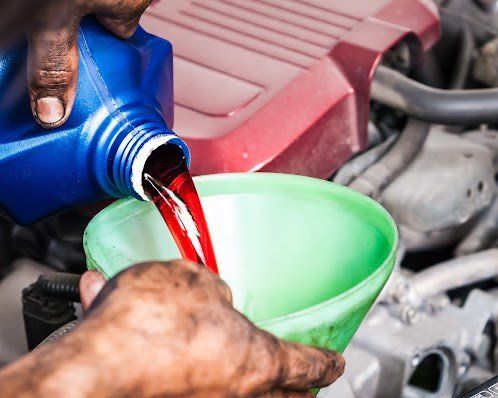How Do You Store Used Oil Before It's Recycled?
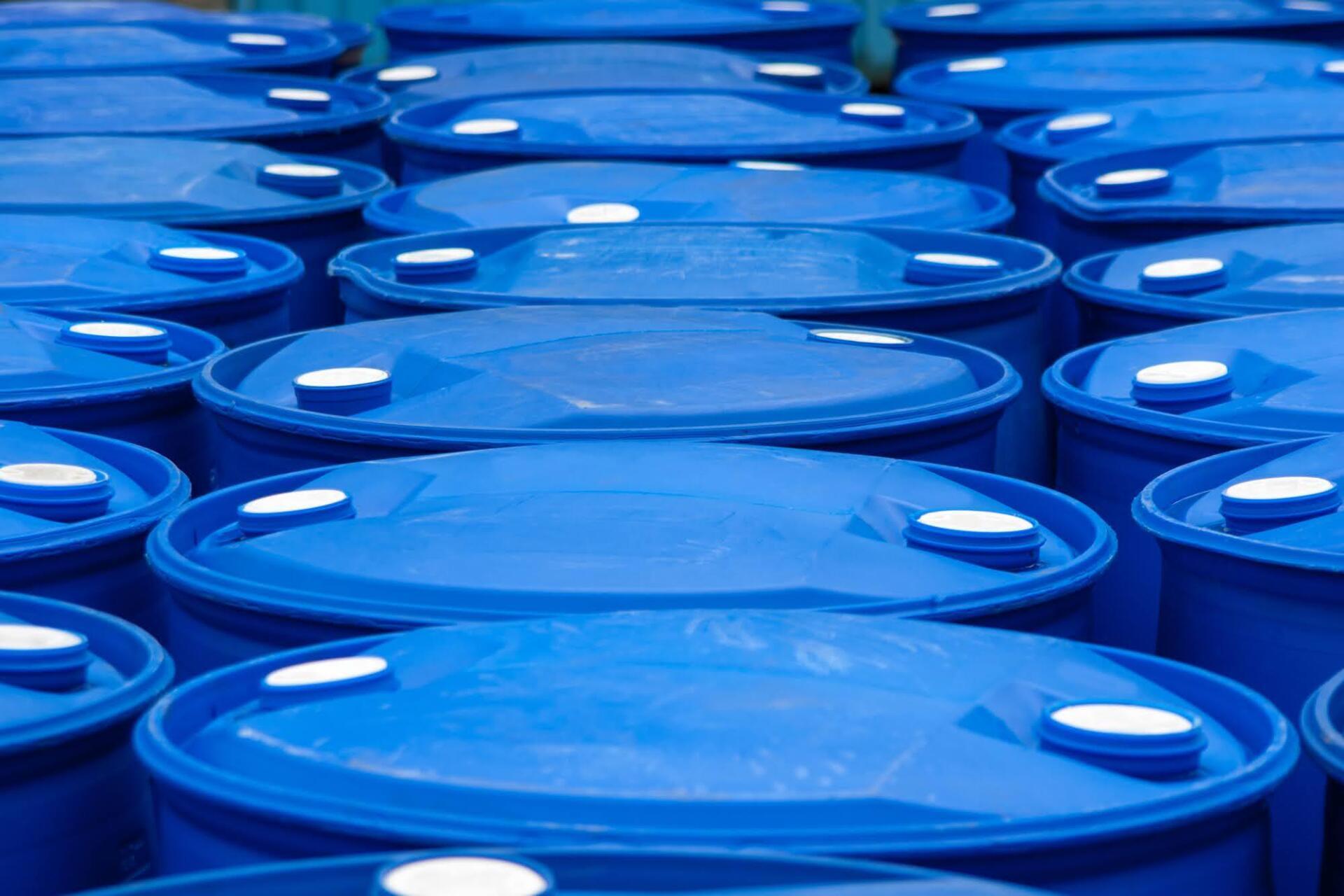
If you run a business that uses cooking oil, used motor oil, etc., you'll want to look at your recycling options. Recycling used oil is beneficial to the environment since it minimizes water and soil pollution and cuts down on crude oil extraction.
Once you find a service that will recycle your used oil, you'll also need to investigate storage options. Some services will pick up your used oil while other services may have you drop off the waste at a designated site. Either way, you'll need to safely store your used oil until it can be recycled. Here are some steps to take to find the right product and location for proper storage practices.
Pick the Appropriate Drum Material
Before you purchase drums to hold the used oil, you'll need to select the right material. While fiber drums may be attractive options since they cost less to ship and are eco-friendly, they are not suitable for hazardous waste.
Steel drums are ideal because they are resistant to temperature fluctuations and can hold combustible materials. Steel drums may have more upfront costs and shipping costs, but they can be reused more easily than other materials, so you can save money in the long run.
Some people opt for plastic drums because they usually cost less than steel barrels; and when you clean them correctly, they can be re-used. However, you need to make sure that the plastic drum is intended for fuel storage. Plastic drums are typically only used for short-term storage of small quantities of used fuel because waste materials can break down the polymers of the drum over time.
Lastly, you may opt for double-walled containers, which combine steel and plastics. A plastic layer can help to keep the oil well insulated, while an outer steel layer can help maintain internal pressure.
Look at the United Nations Ratings
The United Nations (UN) has set standards, or UN ratings, to help people safely store and transfer hazardous materials. You must make sure that the drum material you choose for your used oil is UN rated so that you know that it's passed rigorous tests for safety.
Keep in mind that not all UN ratings are the same. Some barrels may have different UN ratings depending on the hazardous waste they can hold, so you should look at your municipality's laws to see what is acceptable for your area.
Find a Cool, Clean Storage Location
Once you purchase your containers, you'll need to find a good location to store your used oil. UV radiation from sun exposure can degrade both drums and the oils inside them over time, so you should store your containers inside a garage or warehouse. Your storage area should have a consistent temperature, as fluctuations can cause drums to contract or expand, leading to microscopic leaks.
If you do have to store your drums outside, it's best to cover them with waterproof dust covers to protect them from both the sun and microscopic contaminants. Like temperature fluctuations, water or dust that leaks into barrels can dilute the oil.
Finally, you'll need to make sure that your drums can be sealed tightly with bungs, or stoppers, so that you can avoid spillage and pollution. Sealed drums are a part of good safety practices and prevent the oils from evaporating.
If you keep all of these tips in mind, you should be able to find the right product and storage location for your needs. If you haven't found the right product, reach out to us at Denver Oil for more information on new steel containers and reconditioned containers.

